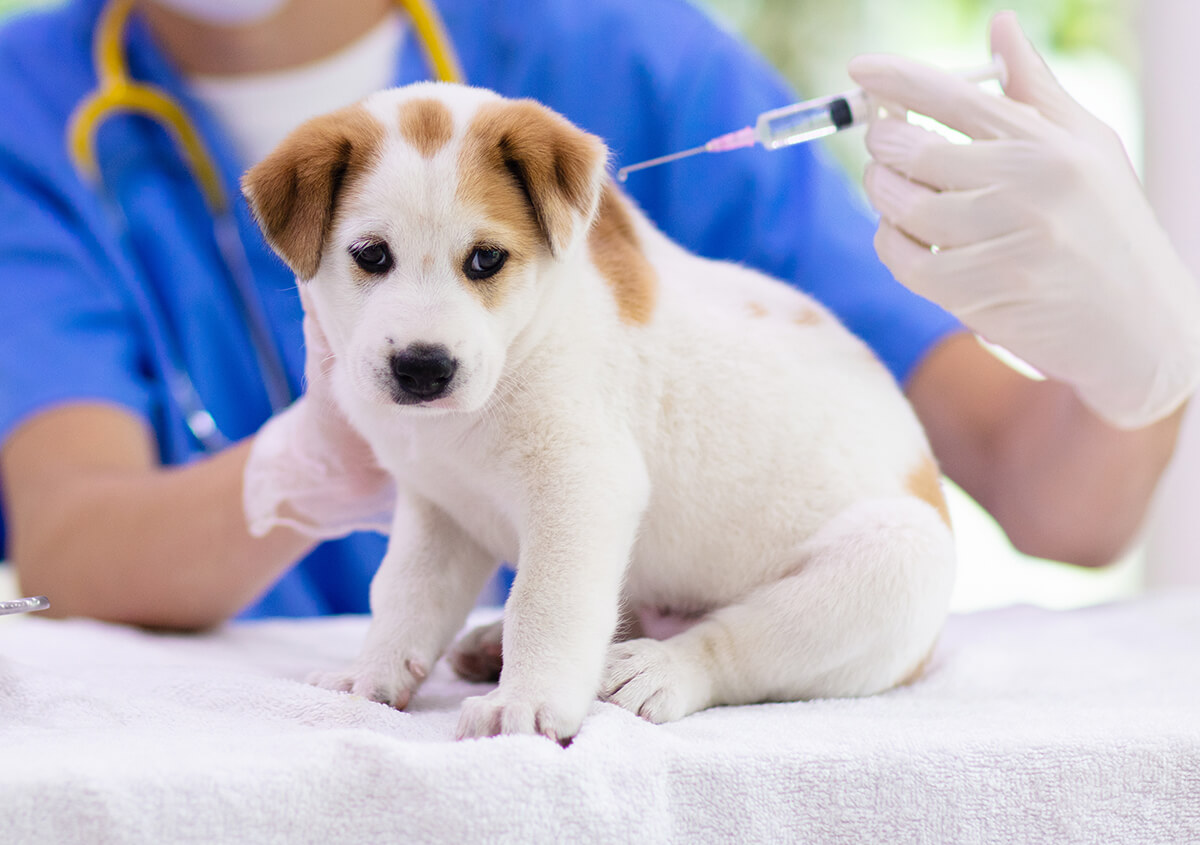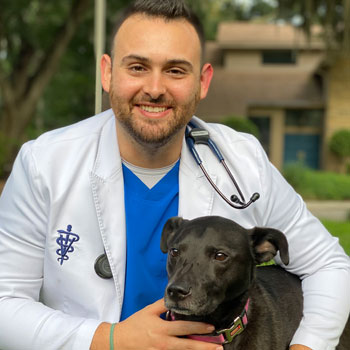

20
Mar
The Risks of Not Vaccinating Your Pet

Being a responsible pet owner means wanting your animals to have the best lives possible. This requires much more than just making sure the food bowl is full. Animals have unique needs and risks compared to humans, and it is important to ensure they are addressed. What could happen if vaccinations are skipped? The Orange Park Animal Hospital would like to make sure that you don’t have to find this out the hard way.
The Risks of Not Vaccinating Your Pet Jacksonville Florida
Jacksonville, Florida, has a different climate than much of the United States. Though not necessarily tropical every day of the year, the mild winters do not provide much of a break from many pests. The surrounding swamps can impact the greater area during the hot summer months in ways northern states don’t have to consider. Our office can make sure vaccines are specific to local needs.
There are several illnesses that can lead to permanent damage or death of your pet if they get sick. These deadly diseases are primarily preventable if vaccinations are kept up to date throughout your pet’s life.
When To Start
Just as with human babies, animals do not have a fully-developed immune system when they are born. Newborn vaccines are recommended to begin within the first few months to get a “jump start” of their systems so that later boosters can build up antibodies.
Preventable Pet Diseases
Not every species of animal gets the same vaccinations, as not each species is susceptible to the same ailments. Dogs are at no risk of developing feline leukemia. However, just because a cat is indoors and there are no other pets, this doesn’t mean that there is no risk of that cat contracting feline leukemia.
It is common for people to forego vaccinations, assuming that being able to keep their pets indoors also keeps them from exposure to deadly diseases. Unfortunately, some dirty rat can get into the most guarded home and expose your pets to all kinds of bacteria, parasites, or viruses even without direct contact.
The most common preventable pet diseases for which there are vaccines include:
- For Dogs: Rabies, distemper, canine parvovirus, and canine hepatitis.
- For Cats: Rabies, distemper, feline calicivirus, and feline herpesvirus (type I)
Choosing not to vaccinate your pet is choosing to roll the dice about how long your pet is going to be healthy and happy.
Request an Appointment
What Else Could Happen?
There are undiscussed issues with not vaccinating your pet. Just as with many of our pets getting sick, we simply don’t think about these consequences until the moment arrives, and nothing can be done about it.
Many states require rabies vaccinations of pets, sometimes issuing fines if they learn this isn’t being implemented. Most dog parks have similar vaccination requirements. All reputable kennels require vaccinations before allowing animals to be kept overnight.
There are several reasons to get your pets vaccinated, but no reasons to avoid it. If you would like to speak with our professionals to learn more about vaccinations or other concerns with your pets, call Jacksonville, Florida’s Orange Park Animal Hospital at (904) 560 8006 to schedule a consultation with our veterinarians and staff today.
Share this Article

Dr. James Gillen
Dr. James Gillen is originally from Puerto Rico and moved to Jacksonville, Florida at the age of 12. He knew growing up he wanted to be a veterinarian because it brings together the two things he loves most – animals and people. He completed his undergraduate degree at Florida State University and afterwards worked as a veterinary technician, an SAT/ACT tutor, and a high school teacher before completing his veterinary degree at the University of Florida College of Veterinary Medicine in 2019.
Dr. Gillen has special interests in dermatology and academia and co-authored two research papers in canine atopic dermatitis and Leishmaniasis. In his free time, Dr. Gillen enjoys anything involving the water (beach/pool, surfing, scuba diving), going to theme parks, exercise (weight lifting, running, biking, boxing), and science fiction books – among other genres. Dr Gillen lives with his wife and son, one dog, two cats, and a ball python.
